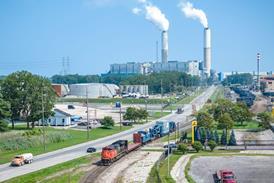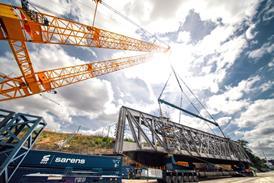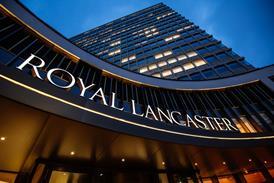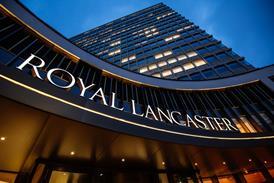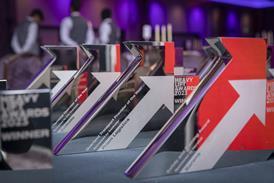December 20 - The US Senate Banking Committee has rejected President Trump's nominee to head the US Export-Import (Ex-Im) Bank.
The committee voted 13 to 10 against Scott Garrett, a former Republican congressman, as Ex-Im president.
Garrett, despite having been one of the most vocal critics of Ex-Im, assisting in attempts to shut down the bank in 2015, was nominated by Trump earlier this year, as HLPFI reported here. He had pledged to keep the bank "fully open" during his tenure as leader.
The US Senate Banking Committee has, however, approved four other board nominees, which would be enough to restore the trade bank's full lending powers if their appointments were confirmed by the full Senate.
If approved, Ex-Im would see its full lending powers restored and could quickly begin clearing a USD42 billion backlog of deals in the pipeline.
Ex-Im opponents, who branded the bank as a source of 'corporate welfare' for Boeing, GE, and other big manufacturers, effectively shut down the bank's lending operations in 2015.
Although Congress renewed Ex-Im's charter by a wide margin in 2015, the bank has lacked a board quorum of three members since then, as some senators blocked new nominees.
This has prevented it from making or guaranteeing loans above USD10 million, locking it out of financing for commercial aircraft and engines, power plants, petrochemical plants and other large infrastructure projects.

